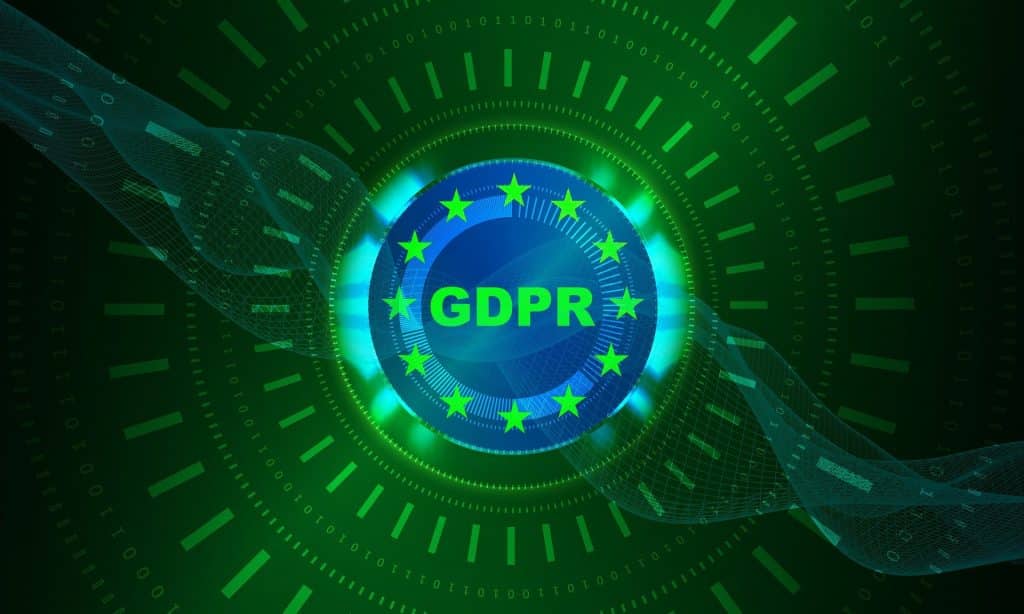GDPR and PR - What it means, and what to do.
Learn about balancing GDPR and PR. The laws are changing, so you need to brush up on what that means for you and how you perform your job. Learn from the expert and get results, with insights from our speaker.
Speaker on the panel
Daisy Jones, Associate – Commercial Team, Osborne Clarke LLP

Summary
With the deadline for General Data Protection Regulation (GDPR) implementation just a few months away (May 25th 2018), Roxhill Media teamed up with Osborne Clarke to address the latest guidance to emerge from regulators and its practical implications.
In this breakfast seminar, we identified where PRs stand in relation to all their journalist contact details and gave them complete guidance to ensure their organisations were best prepared for GDPR.
GDPR harmonises various laws across the EU though it is stricter in relation to what PRs are legally required to do in the processing of personal data such as a name, a contact address and email, passport details plus others. The regulation covers every use of data so whether PRs are storing journalists’ details on their outlook, a list or in a media database such as Roxhill, they will need to be compliant.
GDPR requires businesses to assign a ‘Data Controller(s)’; these are the people who determine the means and purpose of processing this personal data – so all PRs are considered data controllers as are providers of media databases, such as ourselves.
Along with a data controller, GDPR requires the role of a ‘data processor’, applicable to those that process the data on behalf of or under instruction from a controller. For example, if PRs store contact details in the cloud or on an Amazon server, these vendors can only use this data under the PRs’ instruction.
- Firstly, any data collected needs to be done in a lawful and transparent manner and with accountability.
- PRs will need to inform journalists in a transparent way what they are going to do with the personal data. PRs will also need to demonstrate they have a legitimate need and interest in storing this information and outline this in their Privacy policy.
- PRs will also need to explain why they think the journalist is relevant to their clients/company and outline that they are not going use this information in an ‘excessive manner’.
- Don’t forget being transparent and accountable helps PRs communicate the legitimacy of their relationship.
- The days of sending out press releases to hundreds / thousands of journalists – many of whom they have never met, spoken with or even asked if they want to receive their clients’ press release – are over.
- It is time for change and PRs need to understand their legal responsibilities and what they need to do prior to the May 25th deadline.
Thank you to Sarah and those that joined us.
About Alex Northcott
Alex Northcott is the CEO at Roxhill Media. Alex founded Gorkana in 2003 and sold the business to Durrants in 2010, which became the Gorkana Group. In 2015 he set up Roxhill Media, the next generation media database. He has over 18 years’ experience in the PR industry having worked at Morgan Stanley and JP Morgan.
Request a free trial today and learn how Roxhill’s topic led media database can help you effectively target journalists and news outlets around the world.












